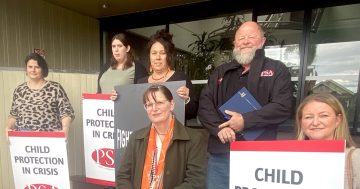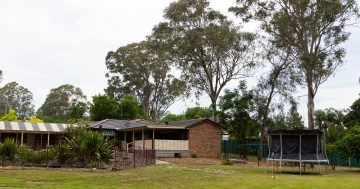 The Department of Family and Community Services’ (FACS) March Caseworker Dashboard has revealed that its new early intervention and prevention strategies are working.
The Department of Family and Community Services’ (FACS) March Caseworker Dashboard has revealed that its new early intervention and prevention strategies are working.
The Dashboard reveals that the number of families assisted by the evidence-based restoration and preservation programs had almost doubled since July 2018.
It shows that the number of Aboriginal families assisted increased by 76 per cent over the same period.
In a statement, FACS said its caseworkers saw 27,841 children in the 12 months to 31 December 2018, an increase of five per cent, or 1,377 more children, compared to the 12-month period ending 30 September 2018.
“Furthermore, the preliminary figures for the first nine months of 2018-19 (ie. July 2018-to-March 2019), show an increase of more than nine per cent in the number of children seen compared to the same nine-month period in 2017-18,” it said.
“If this performance is maintained, 2018-19 will see the most children ever seen in a year.”
FACS said the benefits of early intervention had resulted in a 44 per cent drop in the number of children entering care in the past two years to 30 June 2018.
“The data on the dashboard show this drop in entry rate continuing, with a decrease of nine per cent in entries in the December 2018 quarter compared to the same quarter last year,” it said.
“According to Productivity Commission data, in 2017-18 NSW had the lowest rate of children admitted into care in Australia and the second lowest rate for Aboriginal children, after Tasmania.”
FACS said extra funding would enable it to recruit an extra 100 child protection staff, including 78 child protection caseworkers.
The Department’s Dashboard can be accessed at this PS News link.











